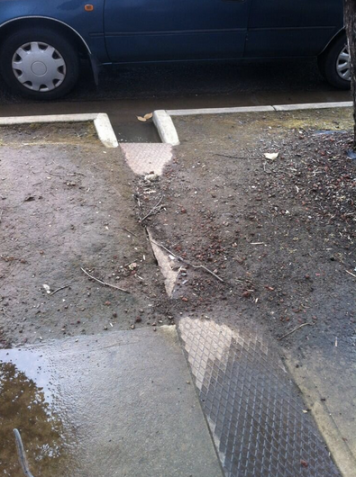We don’t choose to be born. That choice is made by other people on their own whims and desires. I’m sure most of us are thankful for the foresight of our parents. However, there are certainly inevitabilities in life we wish we could change.
Our lives are preset. We need oxygen, water, food and shelter to survive. Those that cannot access these things will eventually perish. They haven’t played life by the rules. There are other things that make life tricky too – happiness, fulfilment, grief, death. These are all facts of life that we’ll spend a great deal of time grappling with.
Culture presets life even further. In the west, one must get an education, must wear certain kinds of clothes, must behave in society in a certain way, must get a job, must keep certain thoughts secret, must work hard, must pay taxes, must be moral, must, must, must… If oxygen and water are rules, these musts aren’t just mere kind suggestions. A lot depends on doing good by these must-dos. And, I don’t think it is too bold to say, that our survival – in the culture where they are relevant – is dependant on them.
We are born into an awful lot of responsibility. Most of us take the easy way out – we acknowledge the rules and adhere to them. Some of the rules aren’t bad. There is nothing wrong with getting an education. It’s a vital ingredient to functioning with the universe and pursuing one’s dreams. However, that isn’t the purpose of the education system as Seth Godin theorises. Really, our responsibilities are already worked out for us before we exit the womb. Our parents have already debated various things about us – what our first bedroom is going to look like, what our diet will be, which kindergarten and school we’re going to be sent to. And it is these early days that dictate our future. A middle class kid is likely to go to university and study a middle class degree to win a middle class job which will be their life until the perceived glories of retirement – all those decades away.
People think I am cynical. Actually, I am not that cynical at all. All the doom and gloom and hopelessness that I believe, I know that can be turned on its head. We can all quit our jobs tomorrow.
You partner is tragically killed. You’re at work when this happens. You get the call. Do you stay back at work, fearing that if you leave you might not get that promotion? Or are some things more important?
Most of us won’t just up and quit our jobs when we make the discovery that they are not all they’re made out to be. I haven’t. I still work 70-odd hours a week. But this is for the greater good. Every day is a struggle, but every day the goal becomes clearer and clearer. If I could achieve the goal without having to enjoy the unpleasantness, I would absolutely do what it would take. However, this is the situation I have found myself in.
What makes me optimistic about responsibilities is the fact that we have such control of our destinies. Those that have talents, the ability to make money, good health – they’re lucky so and sos and ought to exercise their ability for good. Help yourself; help out somebody else too.

